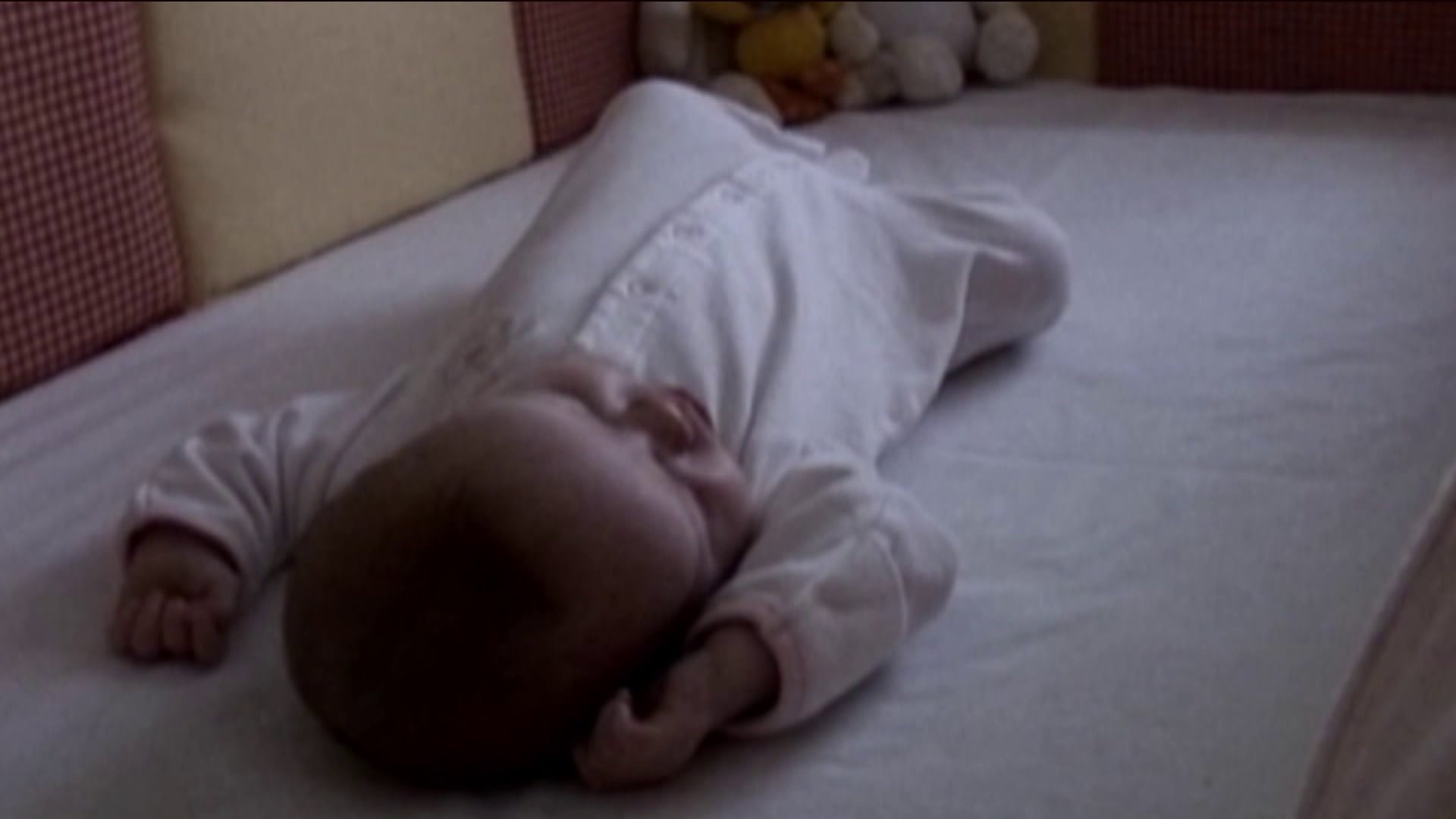HARTFORD -- It’s probably one of the most common questions that parents of babies get – Is your child sleeping through the night, yet?
It can be a long road to get there, and many parents know how especially frustrating it can be to think that your child has gotten over the hump only to watch him or her slide back into newborn-like sleep problems for days at a time.
They’re called sleep regressions, and don’t worry. They’re perfectly natural.
“They’re mostly good news, actually, because they happen when a milestone happens for the baby,” said Dr. Lynelle Schneeberg, the Director of the Behavioral Sleep Program for the Connecticut Children’s Medical Center, “The four-month one is usually rolling over. There’s another one around nine months, and that’s crawling.”
Dr. Schneeberg said another regression tends to happen in the 4-to-6 month range, when babies’ sleep cycles start to more closely resemble an adult’s.
“And again, it’s even more good news, because that’s when you can actually help a baby start to sleep through the night,” said Dr. Schneeberg, “That’s the earliest we’d do it. The four-to-six month range.”
Dr. Schneeberg is talking about sleep coaching, and while that deserves its own story, she said there are two basic points to the coaching.
“It’s the two “S”es – scheduling and self-soothing.”
In short, that means a consistent bedtime, and not using anything to help the baby fall asleep that he or she would come to depend on.
Dr. Schneeberg explained: “The baby wants to re-create during any awakening what happened when they fell asleep, so if you rock a baby to sleep, when they wake up, which all babies do, two to four times a night, they’ll want to be rocked again.”
Parents may have to use those sleep-coaching skills again a few month later, because another common regression happens around the nine-month mark, when babies start to gain an understanding called object permanence – the realization that objects, and people, continue to exist even when they can’t be seen and heard.
“So your child knows you and he or she are separate, at that point … so when you leave, they might miss you,” Dr. Schneeberg said, “They know they can bring you back by crying.”
If a sleep regression hits your little one, though, take heart. Dr. Schneeberg said most sleep regressions can be resolved within a few days with the right coaching.

